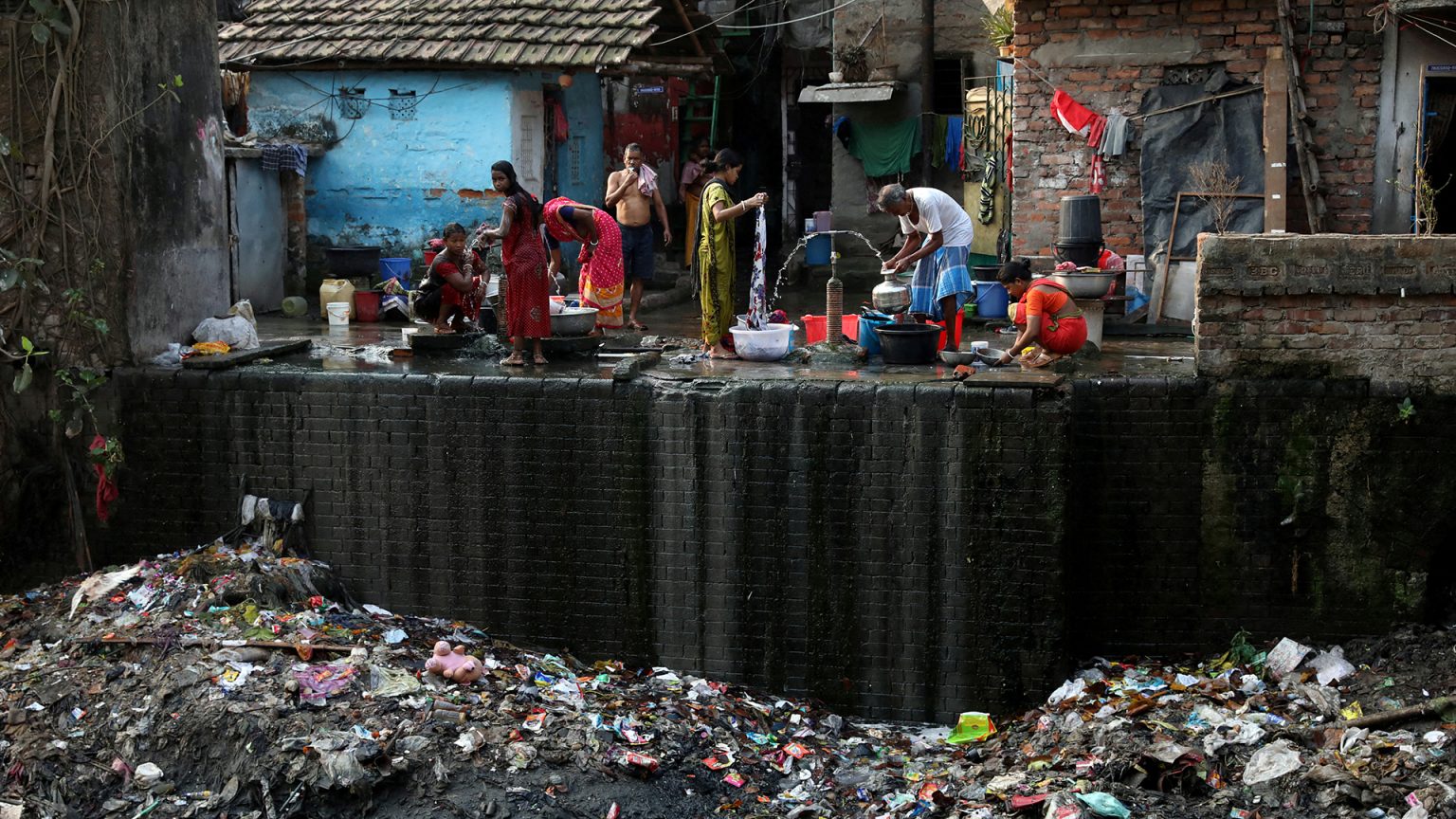Income inequality is a significant issue in India, where the benefits of the country’s rapid economic growth are not reaching the poor. The richest 1 percent of the population owns 40 percent of the country’s wealth, highlighting the stark divide between the wealthy and the impoverished. Prime Minister Narendra Modi’s tenure has seen a widening of this inequality gap, with questions raised about inheritance taxes and wealth redistribution becoming central in the national elections.
In the United States, debates over foreign aid spending and its impact on global stability are ongoing. Questions arise regarding the effectiveness of foreign aid in promoting peace and stability in regions that receive the funding. The amount spent on foreign aid by the United States is substantial, and there is a growing need to evaluate its effectiveness in achieving positive outcomes in recipient countries.
Zambia’s decision to ban charcoal production permits has sparked discussions about the country’s environmental policies and the impact on its citizens. Charcoal production is a significant industry in Zambia, providing livelihoods to many individuals. The ban on permits raises concerns about job losses and economic implications for those dependent on the industry. It also sheds light on the challenges countries face in balancing economic development with environmental sustainability.
The global focus on income inequality, foreign aid spending, and environmental policies reflects a broader trend of countries grappling with complex socio-economic issues. These topics are not only critical domestically but also have implications for global stability and sustainability. As governments and policymakers navigate these challenges, finding solutions that address the needs of both the economy and the environment becomes increasingly important.
In India, the debate surrounding income inequality is particularly contentious, with the wealthiest individuals holding a disproportionate share of the country’s wealth. Prime Minister Narendra Modi’s policies and the impact on wealth distribution have become central issues in the national elections. The discussion around inheritance taxes and wealth redistribution underscores the urgent need to address the widening wealth gap and ensure that economic growth benefits all segments of society.
In conclusion, the interconnected nature of income inequality, foreign aid spending, and environmental policies highlights the complex challenges faced by countries globally. These issues require comprehensive and thoughtful approaches to ensure equitable growth, promote global stability, and protect the environment. As countries grapple with these challenges, finding sustainable solutions that address the needs of all citizens remains a crucial priority for policymakers and leaders worldwide.













